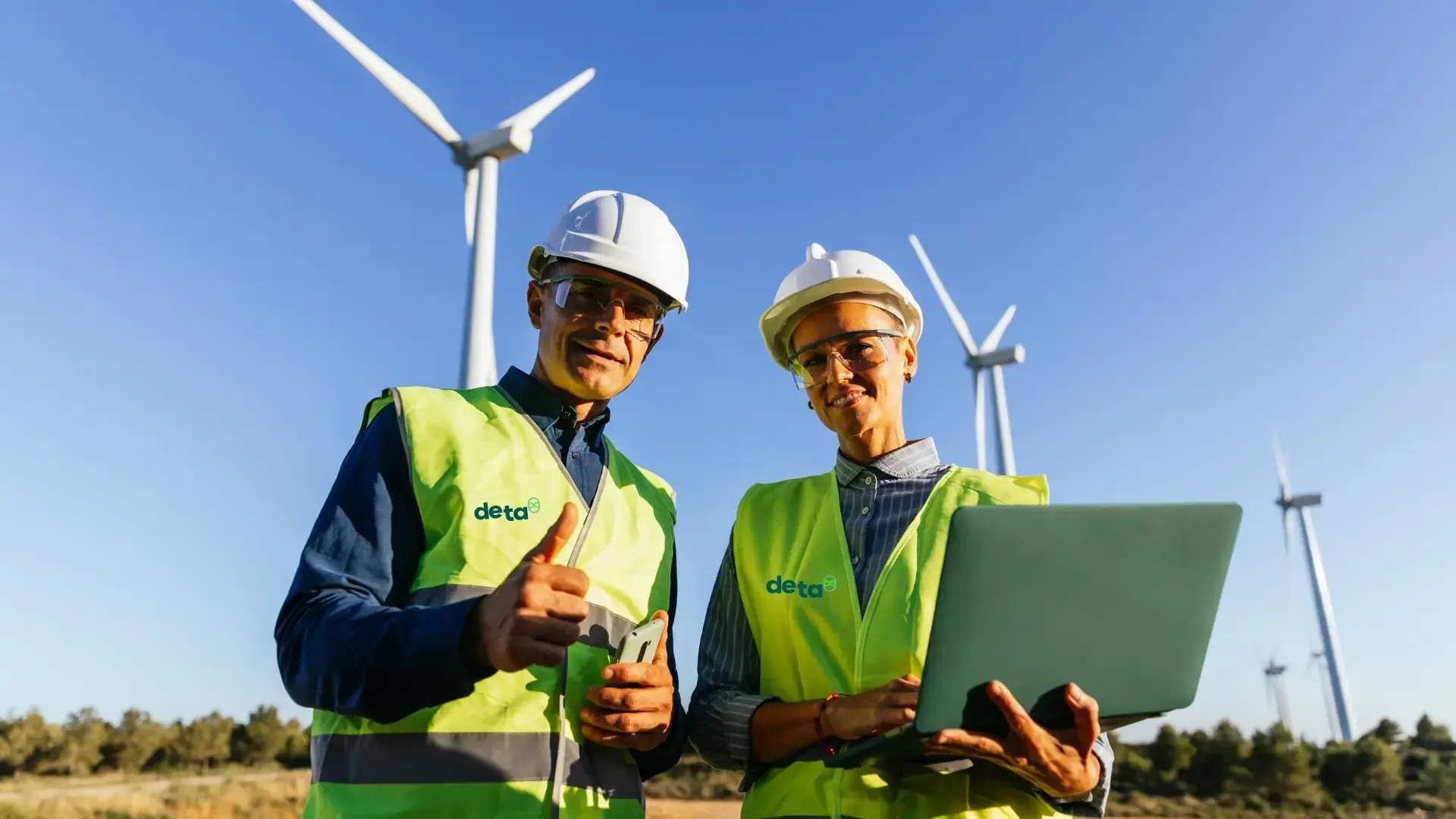Blog Layout
Hanmer Lessons
It can be mildly disheartening to work on a presentation for several weeks, surviving the thorny questions from colleagues during your practice and getting to the airport at 6 am the morning of to then have your flight delayed, then cancelled, then shifted and then cancelled again. So, spare a thought for our Business Development Manager/Part-Time Project Deliverer Jeff who went through all this for the Chemeca 2018 Conference held in Queenstown.
Luckily for both DETA and the, I can only imagine eagerly awaiting audience, two other members of our team Tony and Greig had the foresight to fly down the night before. After a quick run down/ pep talk by Jeff over the phone they presented what has been a great project for DETA.
The Hanmer turbine project, which you may have seen in the Herald, takes the naturally produced methane from the ground under the Hanmer Springs Resort and Spa and instead of just flaring it off dries the gas, cleans it and then burns it to produce electricity onsite inside a 65 kW Capstone Generator.
The presentation walked through some of challenges the project encountered including applying for the smallest natural gas extraction permit in New Zealand (they created a new category just for it) as well as the more technical question of how to compensate for/calculate such an unknown variable flow. Jeff may be open to sharing the secret next time you see him around your site.
But the main lessons were that, yes this is possible in New Zealand, and yes it can have some pretty big savings. For Hanmer and DETA the end result was a very successful project reflected in it winning the EECA Innovation award for 2018.
Here’s a great tour by the man behind this innovation:





